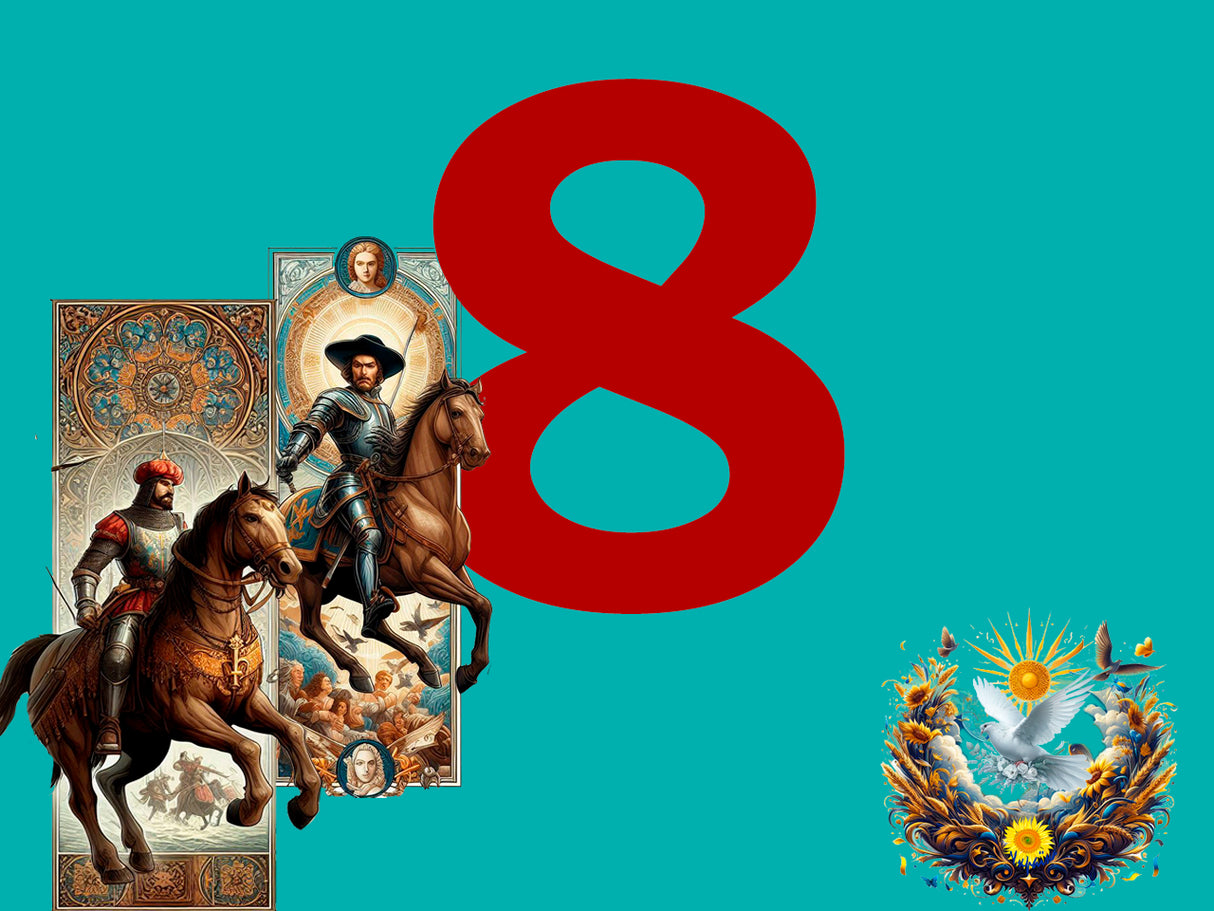World History Grade 8.The states of Western Europe in the 16th–17th centuries. Collection 1
 Intermediate
Intermediate
 Course
Course
 10 hours
10 hours
World History Grade 8.The states of Western Europe in the 16th–17th centuries. Collection 1 is backordered and will ship as soon as it is back in stock.
What is Unibot?
What is Unibot?
Unibot is a platform for educational systems that combines an administration panel and a chatbot. It allows you to easily upload data, customize chatbots without programming, and manage courses. It supports multilingual bots, content management, and optimized resource utilization for efficiency. The platform makes educators' work easier by automating repetitive tasks. Different pricing plans are available, from basic to premium, which differ in the number of supported bots, languages, messages, and other features.
More information
Explore the transformation of Western Europe in the Early Modern era! Our "World History Grade 8: The States of Western Europe in the 16th–17th Centuries. Collection 1" course offers an engaging journey through the major political, social, and religious changes that shaped modern Europe. Through interactive lessons, quizzes, and activities, students will discover how monarchies evolved, revolutions unfolded, and international relations took a new form.
Why choose our course:
- Interactive quizzes and tests: Test your knowledge and reinforce learning with engaging and challenging quizzes.
- Interactive exercises: Develop critical thinking and research skills through interactive exercises and activities.
- Expertly crafted content: Developed by experienced educators to ensure high-quality and effective learning.
- Focus on historical analysis: Encourage students to analyze historical events, interpret primary sources, and develop their own perspectives.
Course Module
Module 1: The states of Western Europe in the 16th–17th centuries
- § 12 The emergence of absolute monarchy in France
- 1. Royal power in the first half of the 16th century
- 2. Religious wars and the establishment of the Bourbon dynasty in France
- 3. Completion of absolutism: Cardinal Richelieu and the “Sun King” Louis XIV
- QUESTIONS AND TASKS
- § 13 The Habsburg possessions in Spain. The national liberation war in the Netherlands
- 1. Habsburg rule. Spain under Charles V and Philip II
- 2. The national liberation war in the Netherlands
- QUESTIONS AND TASKS
- § 14 England in the 16th century
- 1. Specifics of England’s development in the 16th century
- 2. “Bloody legislation”
- 3. Royal Reformation
- 4. Elizabeth I
- QUESTIONS AND TASKS
- § 15 The English Revolution
- 1. Socio-economic and political preconditions of the revolution
- 2. The beginning of the revolution
- 3. Civil wars. Cromwell's Protectorate
- 4. The Stuart Restoration. “Bill of Rights”
- QUESTIONS AND TASKS
- § 16 The Polish-Lithuanian Commonwealth: “Noble democracy”
- 1. The Union of Lublin and the formation of the Commonwealth
- 2. Economic and social features of the Commonwealth
- 3. Political system. Noble democracy
- 4. Reformation and Counter-Reformation in the Commonwealth
- 5. Foreign policy
- QUESTIONS AND TASKS
- § 17 The Thirty Years’ War
- 1. International situation in Europe in the early 17th century. Causes of the war
- 2. Military actions. Main periods of the war
- 3. Peace of Westphalia. Consequences of the Thirty Years’ War
- QUESTIONS AND TASKS
- § 18 Practical work. Western European states in the Early Modern period
- § 19 Summary of Section 3: “The States of Western Europe in the 16th–17th Centuries”
Expected Learning Outcomes
- Knows the chronological frameworks of the national liberation war in the Netherlands, the English Revolution, and the Thirty Years’ War
- Knows the dates of the Union of Lublin, the Union of Utrecht, the Edict of Nantes, and the Peace of Westphalia
- Understands the preconditions for the rise of absolutism in European states
- Knows absolutism as a transitional form from estate-representative monarchy to the modern (national) state
- Understands the historical significance of the national liberation war in the Netherlands and the English Revolution
- Recognizes the Peace of Westphalia as an event that laid the foundations for the modern world order
- Can place in chronological order the processes of power centralization and formation of national states in Western Europe in the 16th–17th centuries
- Can trace (using maps) the formation of national states in Western Europe
- Can characterize the political systems of Western European countries
- Can justify own judgments about monarchs and statesmen of European countries of the 16th–18th centuries
- Can determine the causes and consequences of the Union of Lublin, religious wars in France, the national liberation war in the Netherlands, and the English Revolution
-
Genre
-
Target audience
-
Language version
-
Subject area
-
Recommended age group
-
Course time
-
Book author
-
Author Collection



